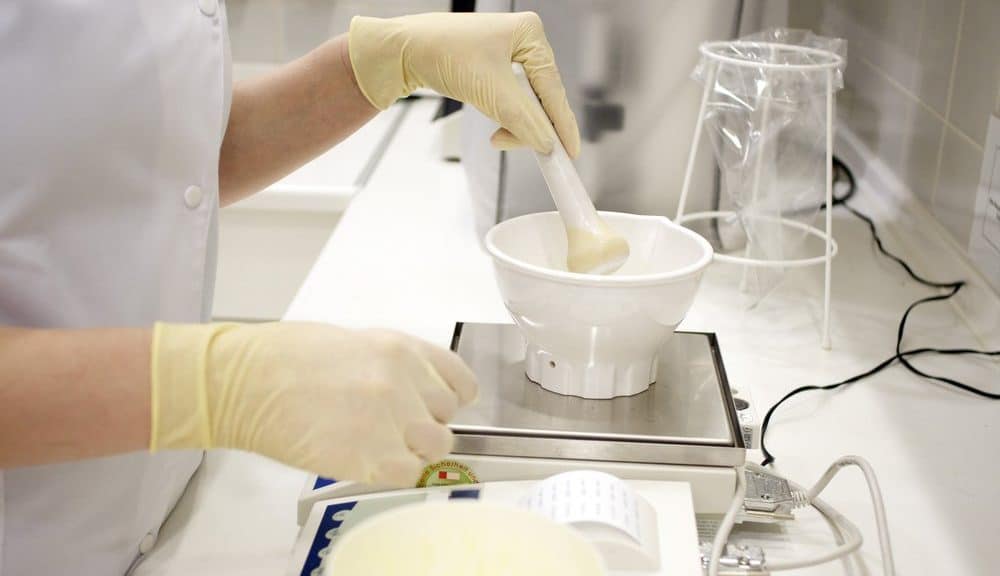Could locally compounded orphan drugs be the solution for families struggling with high costs of medicines?

Gold Coast specialist pharmacist, Matthew Bellgrove is calling on the government to consider modern compounding as part of the solution to the escalating cost of orphan drugs used to treat rare diseases.
Mr Bellgrove said taking a fresh new look at the services provided by the Australia’s modern compounding sector could result in significant savings for families as well as the government’s Life Saving Drugs subsidy program.
“There are some orphan drugs that can, and should, only be sourced through the manufacturer who spent many years developing them,” Mr Bellgrove said, “However there are evidence-based treatments that can be safely and legally compounded here in Australia in government-approved compounding laboratories for a fraction of the cost.”
“Governments could then encourage drug companies to develop medicines for other rare conditions that don’t yet have a truly effective treatment.”
Mr Bellgrove pointed to an article published in the Journal of Clinical Pharmacy and Therapeutics, calling into question the cost effectiveness of drug companies being encouraged to develop orphan drugs when much cheaper alternatives could be sourced.
In the article titled, “Do we need authorized orphan drugs when compounded medications are available?”, Dr Steven Simoens and a team of researchers from the Research Centre for Pharmaceutical Care and Pharmaco?economics in Belgium argue that orphan drugs should not be authorised for funding by drug administration bodies when alternatives such as compounded drugs and off-label medication were available on the market at a reasonable cost.
“…a better balance should be struck between the development of orphan drugs along the recently established regulatory pathways and the pragmatic use of pharmacy?compounded products and evidence?based off?label use of already available commercial products,” Dr Simoens and his team wrote.
“Societal needs would be best met by focusing orphan drug development on rare diseases for which there is a high unmet medical need.”
A paper published in 2015 in the Journal of Clinical Pathology also questions the cost-effectiveness of the current orphan drug authorisation regime. Researchers from the University of Oxford, Centre for Evidence-Based Medicine and University of Washington in Seattle found that Pedea, used to treat a vascular condition in preterm infants costs 82?000 times as much as generic ibuprofen, “…yet, research evidence has shown that Pedea is not superior to oral ibuprofen in clinical effectiveness…”
The authors of the paper go on to say, “The available evidence suggests that there is inconsistency in the quality of evidence of approved orphan drugs, and there is no clear mechanism for determining their prices. In some cases, far cheaper generic agents appear to be available. A more robust, transparent and standard mechanism for determining annual costs is imperative.”
Orphan drugs are medications used in the treatment of rare diseases that affect a very small percentage of the population – usually no more than 5 in 10,000. As the number of people using these drugs is very low, drug companies charge high prices to cover the cost of development. The prices charged are well outside what most household incomes can afford, so in most western countries the government steps in and subsidises part and sometimes all of the cost. In Australia it’s called the Life Saving Drugs Program
On its website, Australia’s Therapeutic Drugs Administration (TGA) says the, “…objective of the orphan drug program is to provide an incentive to sponsors to bring medicines for a small population to market and make medicines available to patients who would not otherwise be able to access them.
‘Off-label medication’ refers to the clinical use of medicines outside of the use stipulated in their licence.
